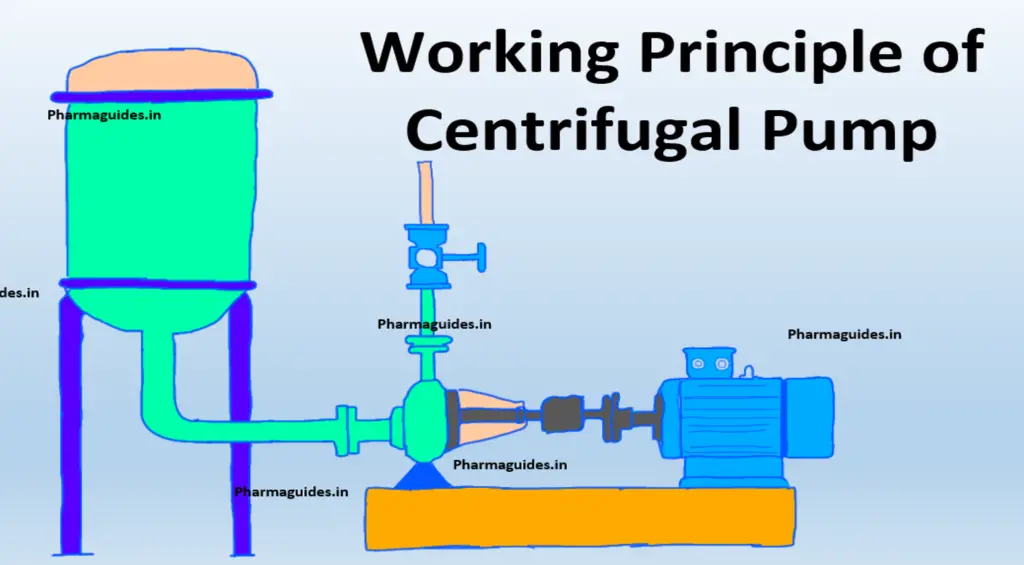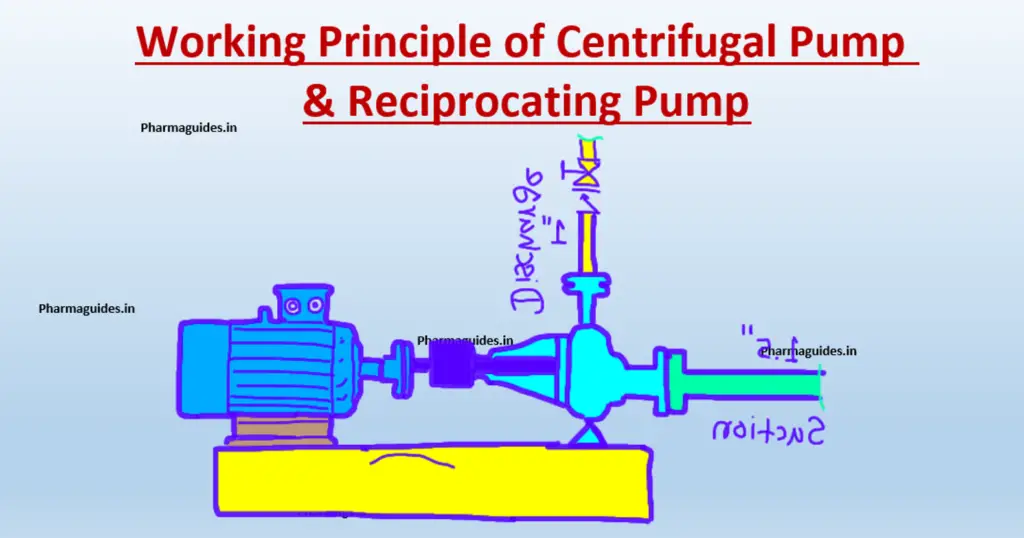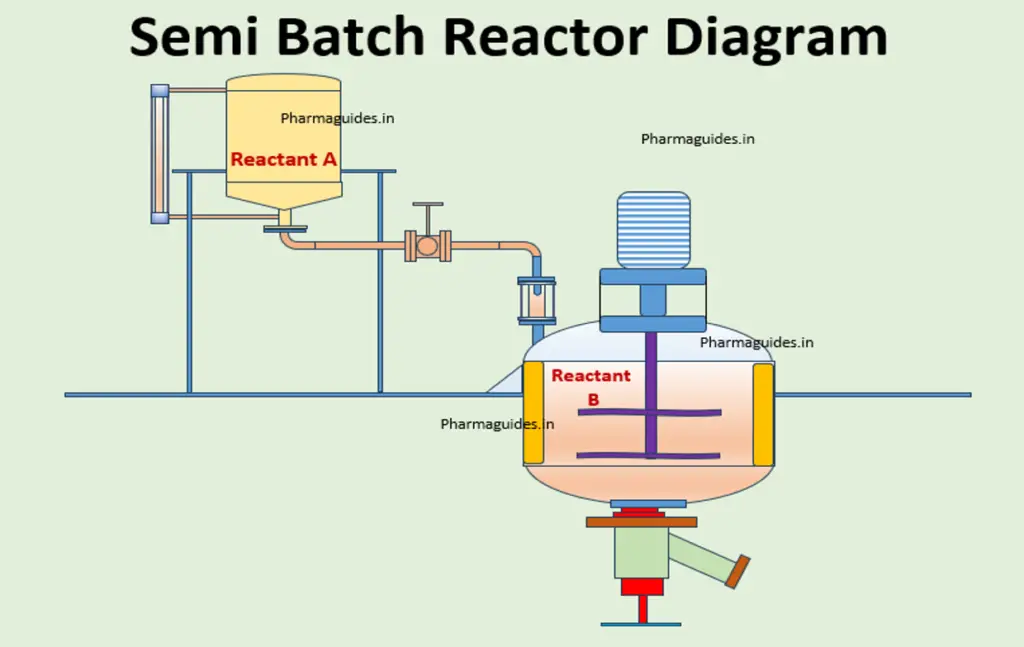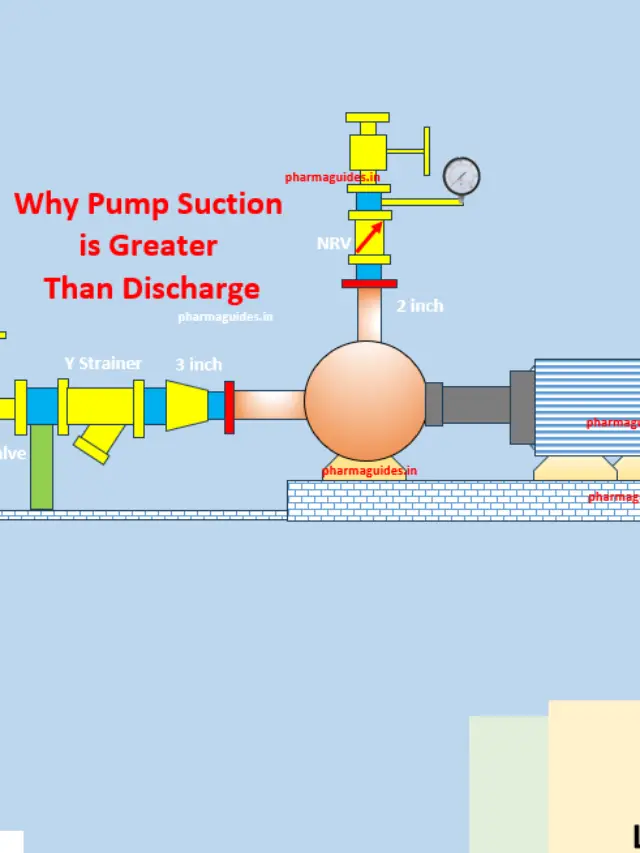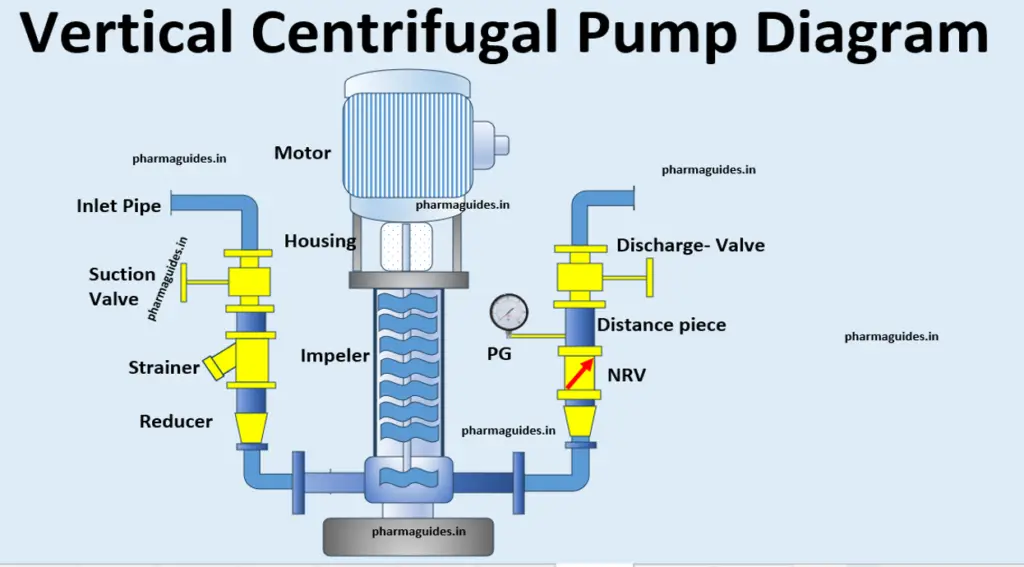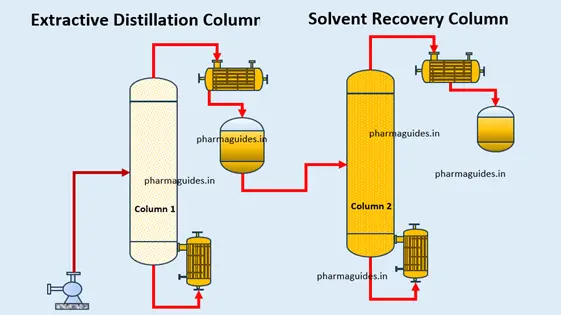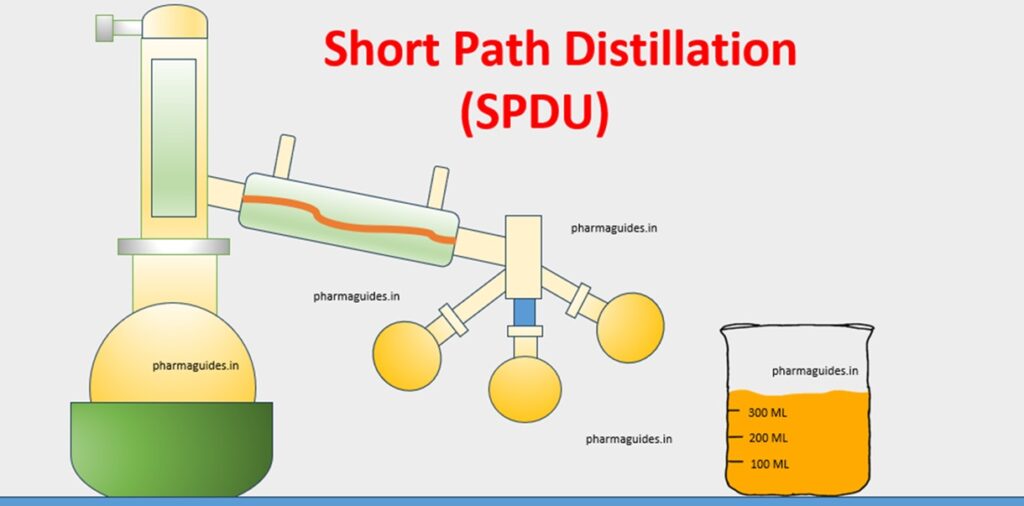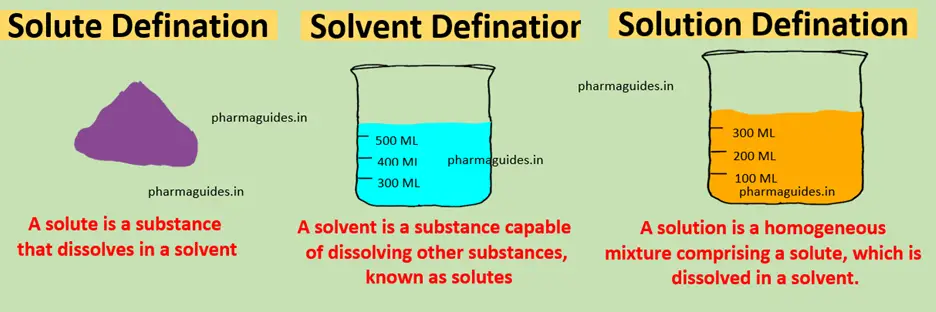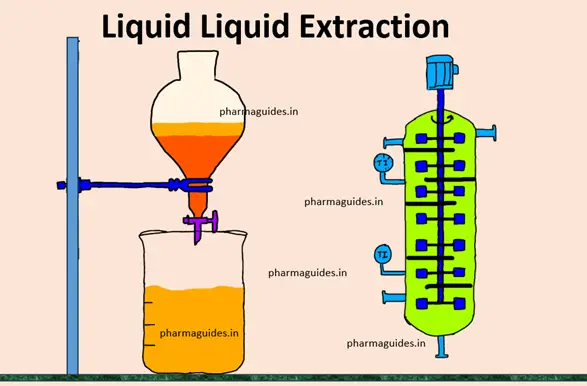50 Fresher Chemical Engineer Interview Questions
Article Contents
Fresher Chemical Engineer Interview Questions
Certainly! Here are more questions and answers:
Chemical Engineering Fundamentals:
Q: What is the role of a Chemical Engineer in process design?
A: Chemical engineers design and optimize processes for converting raw materials into products, considering efficiency, safety, and environmental impact, chemical engineer interview questions.
Q: Explain the significance of the Reynolds number in fluid dynamics.
A: The Reynolds number indicates the flow regime of fluids, critical for designing pipelines and predicting fluid behavior.
3.5 Pump Questions and Answers
Q: What is a Material Safety Data Sheet (MSDS)?
A: An MSDS provides information on chemical products, including composition, hazards, and safety precautions, chemical engineer interview questions.
Q: Differentiate between a batch process and a continuous process.
A: Batch processes involve step-by-step production, while continuous processes run without interruption, producing a steady output.

Chemical Process Optimization:
Q: How do you minimize waste in a chemical process?
A: Waste minimization involves optimizing reactions, recycling by-products, and implementing efficient separation techniques.
Q: Explain the concept of process intensification.
A: Process intensification focuses on improving efficiency and reducing the environmental footprint by compacting and optimizing processes, chemical engineer interview questions.
Q: What is Hazard and Operability (HAZOP) analysis?
A: HAZOP is a systematic study to identify and mitigate potential hazards in a chemical process.
Q: How does feedback control contribute to process stability?
A: Feedback control adjusts process variables based on real-time measurements, ensuring stable and controlled operations.
Chemical Engineering Materials:
Q: Define polymorphism in materials science.
A: Polymorphism refers to the ability of a material to exist in different crystal structures, impacting its properties, chemical engineer interview questions.
Q: What are the key properties of catalysts in chemical reactions?
A: Catalysts enhance reaction rates without being consumed, influencing selectivity and yield in chemical processes.
Q: Explain the purpose of a phase diagram in material science.
A: A phase diagram illustrates the conditions at which different phases of a substance coexist, aiding in material synthesis and processing.
Q: How does corrosion impact material selection in chemical processes?
A: Corrosion affects material durability, necessitating the selection of corrosion-resistant materials for long-term process integrity, chemical engineer interview questions.
Environmental Considerations:
Q: How can chemical engineers contribute to sustainable practices?
A: Chemical engineers promote sustainability by minimizing waste, optimizing energy use, and developing eco-friendly processes.
Q: Discuss the importance of life cycle assessment in chemical processes.
A: Life cycle assessment evaluates the environmental impact of a product or process from raw material extraction to disposal, aiding in sustainable design.
Q: What is the role of a scrubber in air pollution control?
A: Scrubbers remove pollutants from industrial exhaust gases, enhancing air quality and complying with environmental regulations.
Q: How can renewable energy sources be integrated into chemical processes?
A: Chemical engineers explore ways to incorporate renewable energy, such as solar or wind power, to reduce the environmental footprint of chemical production.

Safety and Regulations:
Q: How do you ensure process safety in a chemical plant?
A: Process safety involves implementing preventive measures, safety protocols, and conducting regular risk assessments to avoid accidents.
Q: Explain the concept of Inherently Safer Design.
A: Inherently Safer Design aims to eliminate or reduce hazards at the source during the design phase, enhancing overall safety.
Q: What are the key considerations for handling hazardous materials in a plant?
A: Handling hazardous materials requires proper storage, labeling, and employee training to prevent accidents and ensure regulatory compliance.
Q: How does a relief valve contribute to pressure safety in a system?
A: Relief valves protect equipment by releasing excess pressure, preventing potential explosions or damage to the system.
Emerging Trends and Technologies:
Q: What role does artificial intelligence play in chemical engineering?
A: Artificial intelligence is utilized in process optimization, predictive maintenance, and data analysis to enhance efficiency and decision-making.
Q: Discuss the applications of nanotechnology in chemical engineering.
A: Nanotechnology finds applications in material design, drug delivery, and catalysis, offering novel solutions to engineering challenges.
Q: How can 3D printing be applied in chemical manufacturing?
A: 3D printing enables the production of complex and customized equipment, improving efficiency and reducing waste in chemical manufacturing.
Q: What is the impact of Industry 4.0 on chemical production processes?
A: Industry 4.0 integrates technologies like IoT, big data, and automation, revolutionizing production efficiency, quality control, and supply chain management, chemical engineer interview questions.
Professional Development:
Q: How do you stay updated on advancements in chemical engineering?
A: Staying updated involves reading journals, attending conferences, and participating in professional organizations to remain informed about the latest developments.
Q: Discuss the importance of teamwork in a chemical engineering project.
A: Teamwork ensures effective collaboration, bringing diverse skills and perspectives together to solve complex engineering challenges.
Q: How do you approach troubleshooting in a chemical process?
A: Troubleshooting involves systematic problem-solving, considering process variables, equipment integrity, and potential root causes to identify and rectify issues.
Q: What skills do you think are essential for a successful career in chemical engineering?
A: Essential skills include problem-solving, communication, adaptability, and a strong foundation in chemistry, physics, and mathematics.
Certainly! Here are interview questions and short answers related to pipe sizing, material balance, and energy balance:
Pipe Sizing:
Q: What factors are considered when sizing pipes in a chemical process?
A: Pipe sizing considers fluid characteristics, flow rates, and pressure requirements.
Q: Why is proper pipe sizing crucial in process design?
A: Proper pipe sizing ensures efficient fluid transport, minimizing energy loss and maintaining process integrity, chemical engineer interview questions.
Q: What software or tools do you use for pipe sizing calculations?
A: Proficiency in tools like Pipe Flow Expert or CAESAR II is essential for accurate pipe sizing.
Material Balance:
Q: Explain the importance of material balance in chemical processes.
A: Material balance ensures efficient resource utilization, minimizes waste, and supports sustainable process design.
Q: How do you approach tracking material flows in a process?
A: Regular audits and collaboration with production teams help track material flows and identify optimization opportunities.
Q: Can you provide an example of how material balance influenced a process improvement in your previous experience?
A: Optimizing raw material usage based on material balance calculations resulted in a 15% reduction in waste in my previous role.
Energy Balance:
Q: What is the role of an energy balance in chemical process optimization?
A: Energy balance ensures the efficient use of energy, contributing to cost savings and sustainable operations.
Q: How do you identify areas for energy optimization in a chemical process?
A: Rigorous energy balance calculations, coupled with regular audits, help identify areas with excessive energy consumption.
Q: Can you give an example of implementing an energy-efficient technology in a previous role?
A: Implementing a heat recovery system in our distillation process reduced overall energy consumption by 20%.
L&T Chemical Engineer Interview Questions and Answers:
Check here, chemical engineer interview questions.
1. Q: Can you explain your experience with process design and optimization?
- A: Certainly, during my previous role, I was actively involved in the design and optimization of chemical processes. I conducted detailed process simulations, identified bottlenecks, and implemented modifications that resulted in a 15% improvement in overall efficiency.
2. Q: How do you approach safety considerations in chemical engineering projects?
- A: Safety is a top priority. I adhere to established safety protocols, conduct thorough hazard assessments such as HAZOP, and actively engage with the team to ensure a safe working environment.
3. Q: Have you worked with P&IDs (Piping and Instrumentation Diagrams) in your previous roles?
- A: Yes, I am well-versed in creating and interpreting P&IDs. They are essential for understanding the overall process flow, equipment interconnections, and instrumentation details.
4. Q: Can you discuss a challenging situation in a project and how you resolved it?
- A: In a complex distillation project, we faced efficiency challenges. Through collaboration with the team, we implemented tray modifications, optimizing the process and achieving a 20% increase in distillation efficiency
- , chemical engineer interview questions.
5. Q: How do you ensure compliance with environmental regulations in your work?
- A: I stay updated on environmental regulations and integrate environmentally friendly practices into process design. This includes waste minimization, use of eco-friendly materials, and adherence to emission standards, chemical engineer interview questions.
6. Q: Describe your experience with heat exchanger design.
- A: I have hands-on experience in designing heat exchangers for various applications. This involves selecting appropriate types, sizing them accurately, and ensuring efficient heat transfer within the specified operating conditions.
7. Q: What software tools are you proficient in for process simulation and design?
- A: I am proficient in using software such as Aspen Plus and CHEMCAD for process simulation and HYSYS for heat exchanger design. These tools help in accurate modeling and optimization.
8. Q: How do you stay updated on advancements in the field of chemical engineering?
- A: I regularly attend conferences, workshops, and webinars. I am also an active member of professional organizations, ensuring that I stay abreast of the latest technologies and trends in chemical engineering.
9. Q: Can you provide an example of a successful collaboration with a multidisciplinary team?
- A: In a recent project, I collaborated with mechanical and electrical engineers. This interdisciplinary approach resulted in a more robust design, addressing both operational and safety considerations effectively.
10. Q: How do you handle unexpected challenges during a project timeline?
- A: I approach unexpected challenges with a proactive mindset. I communicate with the team, reevaluate the project plan, and make necessary adjustments to ensure that timelines are met without compromising quality, chemical engineer interview questions.
11. Q: Explain the role of material selection in chemical engineering projects.
- A: Material selection is critical in ensuring the integrity of equipment and pipelines. I consider factors such as corrosion resistance, temperature tolerance, and chemical compatibility to choose the most suitable materials for each application.
12. Q: How do you prioritize competing demands and deadlines in a project?
- A: Prioritization is key. I assess project milestones, identify critical paths, and allocate resources accordingly. Effective communication with the team ensures that everyone is aligned with project priorities, chemical engineer interview questions, chemical engineer interview questions.
Chemical Engineer Interview Questions and Answers
chemical engineer interview questions with brief answers:
1. Q: Can you explain your background and experience in chemical engineering?
- A: I hold a degree in chemical engineering and have practical experience in process design, optimization, and troubleshooting from my previous roles. My background also includes proficiency in using relevant software for simulations and analysis, chemical engineer interview questions.
2. Q: How do you approach problem-solving in a chemical engineering context?
- A: I approach problem-solving systematically. I identify the root cause, analyze data, and collaborate with team members to develop effective solutions. Clear communication is crucial throughout the process\, chemical engineer interview questions.
3. Q: Can you discuss a project where you successfully implemented process optimization?
- A: In a distillation project, I optimized column internals, reducing energy consumption by 15%. This involved a comprehensive analysis of process variables and implementing modifications for efficiency gains.
4. Q: What safety protocols do you follow in a chemical engineering environment?
- A: Safety is paramount. I adhere to industry-standard safety protocols, conduct regular risk assessments, and ensure the team is well-trained on safety procedures. Hazard identification and mitigation are integral to my approach, chemical engineer interview questions.
5. Q: How do you stay updated on industry advancements and new technologies in chemical engineering?
- A: I stay informed through continuous learning, attending conferences, reading industry publications, and participating in professional organizations. Networking with peers also provides valuable insights into emerging trends.
6. Q: Explain the importance of sustainability in chemical engineering practices.
- A: Sustainability is crucial for minimizing environmental impact. I integrate practices such as waste reduction, energy efficiency, and the use of eco-friendly materials in process design to contribute to sustainable operations.
7. Q: Can you share your experience with process simulation software?
- A: I am proficient in using simulation tools like Aspen Plus and CHEMCAD. These tools aid in modeling and optimizing chemical processes, ensuring accurate predictions and efficient designs.
8. Q: How do you handle unexpected challenges during a project timeline?
- A: I approach challenges with adaptability and a collaborative mindset. Open communication with the team allows for quick problem resolution, and adjustments to the project plan are made while maintaining focus on deadlines, chemical engineer interview questions.
9. Q: Describe your experience with heat exchanger design and selection.
- A: I have hands-on experience in designing and selecting heat exchangers based on process requirements. This includes considering factors like heat transfer rates, fluid properties, and appropriate materials for optimal performance.
10. Q: How do you ensure the efficient use of resources in a chemical process?
- A: Resource efficiency involves rigorous material and energy balances. I focus on minimizing waste, optimizing raw material usage, and incorporating efficient technologies to enhance overall process sustainability.
11. Q: Can you discuss a situation where effective teamwork played a crucial role in project success?
- A: In a recent project, collaboration with diverse team members resulted in a streamlined design. The synergy of skills and perspectives significantly contributed to the project’s success, chemical engineer interview questions.
12. Q: What role does data analysis play in your decision-making process as a chemical engineer?
- A: Data analysis is fundamental. I use statistical tools to analyze process data, identify trends, and make informed decisions. Data-driven insights guide process improvements and optimizations.
chemical engineer interview questions





